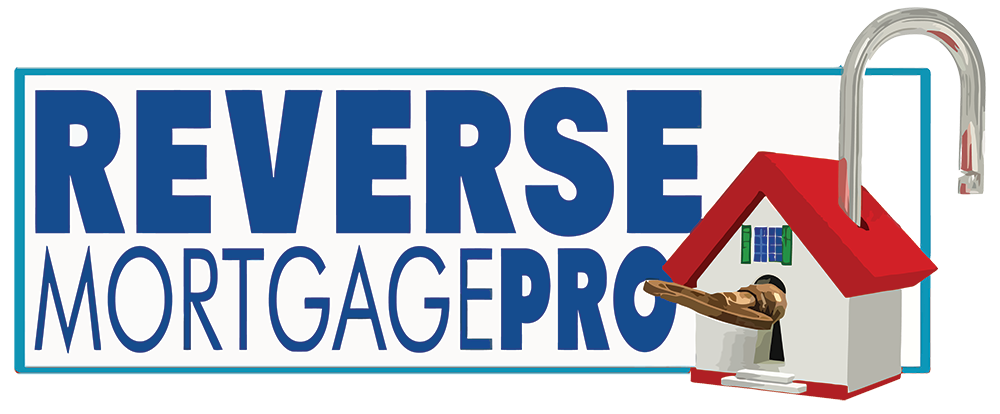Reverse loans are valuable tools for senior homeowners to supplement retirement funds by converting a portion of their accrued home equity into cash or a line of credit. They’re helpful for those with poor credit histories and anyone looking to free up monthly loan payments or seeking tax benefits.
However, like with any financial product, security is always a primary concern. If you’re unsure whether a reverse mortgage is safe, let’s navigate its precautions for protecting seniors.
Protection Under the Federal Housing Administration (FHA)
Backed by FHA insurance, reverse loans help protect seniors from financial ruin. The FHA regulates origination fees and interest rates to keep them affordable for borrowers. They also check lenders to ensure they follow fair practices and don’t overcharge seniors for their services.
Federal insurance ensures lenders are paid even if the loan balance exceeds the house’s value, alleviating borrowers’ worries about their heirs handling extra debt. Moreover, FHA-backed reverse mortgages ensure seniors receive guaranteed payouts as agreed upon, even if the lender encounters financial challenges. They also don’t have costly penalties against borrowers who decide to pay early.
Lastly, these loans offer housing security for seniors. The borrower can live in their house, provided they keep up with necessary home expenses, including property taxes and insurance.
Mandatory HUD-Authorized Counseling
Before applying for a reverse loan, seniors must undergo counseling with a reverse mortgage specialist approved by the U.S. Department of Housing and Urban Development (HUD). This discussion ensures applicants are well-informed on the terms, costs, potential pitfalls, and responsibilities involved.
The specialists will thoroughly explain how these loans work and their long-term impact. They’ll also assess the borrower’s intended use of the loan and financial circumstances to ensure that this loan type aligns with their goals. Otherwise, they will advise seniors on the best financial alternatives to consider.
Stringent Eligibility Requirements
The FHA established strict qualifications to protect seniors from entering a loan agreement that could compromise their homes. Candidates must be retirees at least 62 years old, own a house with substantial equity, and occupy it as their primary residence. Lenders will also assess their financial ability to maintain the home and pay property taxes and insurance, decreasing the chance of default.
Non-Recourse by Design
Reverse mortgages are helpful when borrowers sell their homes to pay off their mortgages. Its non-recourse clause prevents seniors from being owed more than their house’s worth when the loan is repaid. Moreover, the FHA insurance covers extra costs and ensures the remaining equity goes to the borrower or heirs.
Get the Right Loan for Your Financial Freedom
With its reliable safeguards, a reverse mortgage is safe and secure for many seniors. Despite that, it’s still best to assess your needs and financial situation and seek advice from Reverse Mortgage Pro. We are a HUD-approved lender helping homeowners in Richmond and Hampton Roads, VA, understand and handle these loans. Call us today for a free, in-home consultation.


